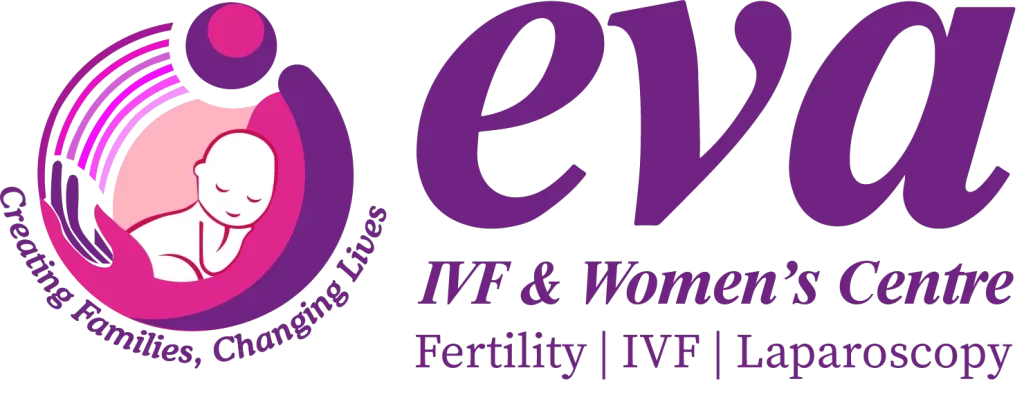ICSI vs IVF: Which Path to Parenthood Reigns Supreme?
What are ICSI and IVF?
Intracytoplasmic Sperm Injection (ICSI) and In Vitro Fertilization (IVF) are advanced fertility treatments designed to assist individuals and couples in achieving pregnancy when natural conception is challenging. Here’s a brief overview of each:
ICSI (Intracytoplasmic Sperm Injection):
- What It Is:
ICSI is like a helping hand for sperm. If a man’s sperm has trouble reaching and fertilizing an egg on its own, a doctor can directly inject a single sperm into an egg using a tiny needle.
- When It's Used:
It’s often used when there are issues with the man’s sperm, like low count or poor movement.
- What Happens Next:
After the sperm and egg are combined using ICSI, the fertilized egg grows into an embryo in a lab.
IVF (In Vitro Fertilization):
- What It Is:
IVF is a fertility treatment where the woman’s eggs are taken out of her body and mixed with sperm in a lab to create embryos.
- When It's Used:
IVF can help couples who have various fertility problems, like blocked fallopian tubes, endometriosis, or issues with egg quality or sperm count. It’s also used when other fertility treatments haven’t worked.
- What Happens Next:
After combining the eggs and sperm in the lab and letting the embryos grow for a few days, the doctor transfers one or more embryos back into the woman’s uterus. The hope is that the embryo will attach to the uterine lining and develop into a baby.
What are the Similarities and Differences between ICSI and IVF?
Navigating fertility treatments like Intracytoplasmic Sperm Injection (ICSI) and In Vitro Fertilization (IVF) can be a pivotal step for individuals and couples facing challenges in conceiving naturally. While both aim to assist with conception through assisted reproductive techniques, ICSI and IVF employ distinct methods tailored to address specific fertility issues, making it crucial to understand their similarities and differences to make informed decisions about your reproductive journey.
These are the similarities and differences between ICSI and IVF:
Similarities:
Mild to moderate cramping during and after the procedure is common as the uterus is filled with dye. This discomfort typically subsides within a day and can usually be managed with over-the-counter pain relievers.
Both treatments involve combining eggs and sperm in a lab and then putting the resulting embryo(s) back into the woman’s uterus to hopefully grow into a baby.
Differences:
- How They Work:
ICSI: A single sperm is injected directly into an egg.
IVF: Sperm and eggs are mixed together in a dish to let them fertilize naturally.
- When They're Used:
ICSI: Used when there are issues with the man’s sperm, like low count or poor movement.
IVF: Can be used for a variety of fertility problems, not just issues with sperm.
- Complexity:
ICSI: Requires a very precise method to inject the sperm into the egg.
IVF: Involves several steps, like taking out eggs, mixing them with sperm, letting them grow into embryos, and then transferring them back into the uterus.
Which is Better, ICSI or IVF?
The question of whether ICSI or IVF is “better” depends on individual circumstances, specific fertility issues, and treatment goals. Both ICSI and IVF are effective fertility treatments, but they are designed to address different challenges:
- ICSI (Intracytoplasmic Sperm Injection):
ICSI is particularly beneficial when male infertility is a significant factor, such as low sperm count, poor sperm motility, or abnormal sperm shape.
- IVF (In Vitro Fertilization):
IVF is a versatile treatment suitable for various fertility issues, including tubal factor infertility, endometriosis, ovulation disorders, and unexplained infertility.
In summary, neither ICSI nor IVF is universally “better” than the other. The best treatment option depends on the specific fertility challenges faced by the individual or couple. You can consult with our specialists at Eva IVF & Women’s Centre. They have experience in both procedures and can help you come to a decision. We will provide a safe and effective treatment, no matter what you choose.
